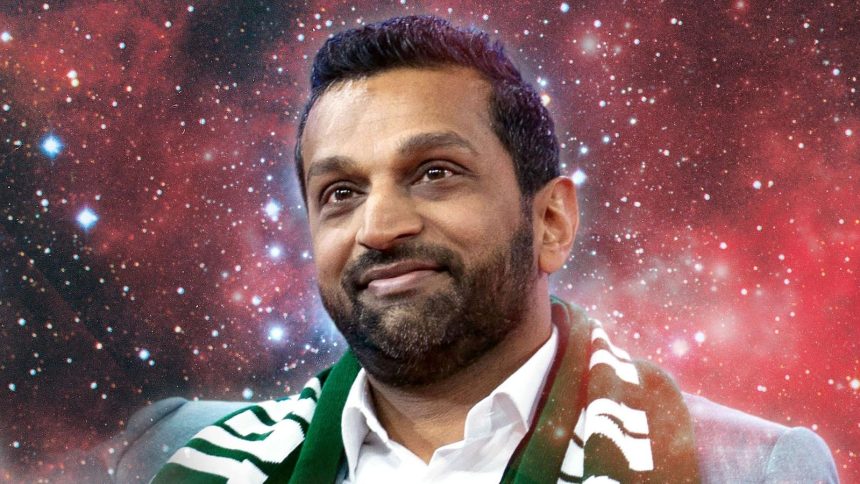As Donald Trump prepares to enter a new term in office, his inner circle is taking shape, featuring a mix of established figures from various industries, political advisors, and emerging outsiders. Central to this transition team is Elon Musk, who has made a substantial $120 million investment to support Trump’s campaign and has been appointed to co-lead a nonspecific “Department of Government Efficiency.” Musk’s close connection with Trump raises questions about the sustainability of their alliance, especially given the multifaceted dynamics in both their careers. His considerable wealth, totaling over $337 billion, adds a layer of influence that cannot be overlooked in the context of Trump’s administration.
Susie Wiles, who has taken the role of the chief of staff in the incoming administration, is noted for her pivotal role in streamlining the chaotic structure of Trump’s 2024 campaign. Her efficacy in managing the campaign operations has led to her appointment, but the historical struggles of Trump’s previous chiefs of staff to maintain their positions cast a shadow over her future prospects. Other significant figures in Trump’s circle include Howard Lutnick, CEO of Cantor Fitzgerald, nominated for the position of Commerce Secretary, and Stephen Miller, who will be the deputy chief of staff for policy, championing Trump’s controversial immigration policies.
Trump’s son, Donald Trump Jr., remains in the fold, acting as a “loyalty scanner” to ensure that only trusted allies fill administration roles. His informal involvement may signal a family-oriented approach to governance that has characterized Trump’s political style. Meanwhile, Vice President-elect JD Vance, who emerged as a key player during the campaign, is now navigating the confirmation process for Trump’s Cabinet picks. The selection of familiar allies, such as Linda McMahon as Education Secretary and Pam Bondi as attorney general, reinforces Trump’s desire for loyalty within critical governance roles.
On the periphery of Trump’s close confidants lies Kash Patel, nominated as FBI director, who is known for his unwavering support of Trump and for promoting election-related conspiracy theories. Patel’s controversial past could complicate his confirmation process. Other notable figures whose influence appears to be waning include Jared Kushner and Steve Witkoff, both of whom could play supportive roles but are currently not central to Trump’s strategic decisions. Conversely, individuals such as Robert F. Kennedy Jr. and Marco Rubio represent a mix of skepticism and alignment within Trump’s prospective cabinet, highlighting a diverse array of political ideologies even amid a largely pro-Trump administration.
The broader network of advisors includes tech industry figures like Marc Andreessen and David Sacks, both of whom hold investments and relationships with Musk. Their support could directly impact Trump’s approach to technology regulations and economic policies. Additionally, longtime allies from other sectors, such as oil tycoon Harold Hamm and financial moguls like Steve Schwarzman and Timothy Mellon, are also prominent in discussions surrounding fiscal policy and regulatory changes. Their collective influence could potentially shape a significant shift in areas like energy, trade tariffs, and how Trump navigates relationships with Wall Street.
As Trump’s transition unfolds, his inner circle remains fluid, with various individuals gaining prominence while others fade from favor. The potential for rivalries, particularly illustrated by the tensions between certain advisors, will affect the administration’s operation and policy direction. With influential billionaires and seasoned political figures aligning themselves with Trump’s agenda, the stakes are significantly high for governance, policy implementation, and the underlying ideological battles within the Republican Party as the new administration prepares to assert its direction. As this dynamic unfolds, the relationships forged now will set the tone for Trump’s presidency and the broader implications for U.S. politics in the coming years.



